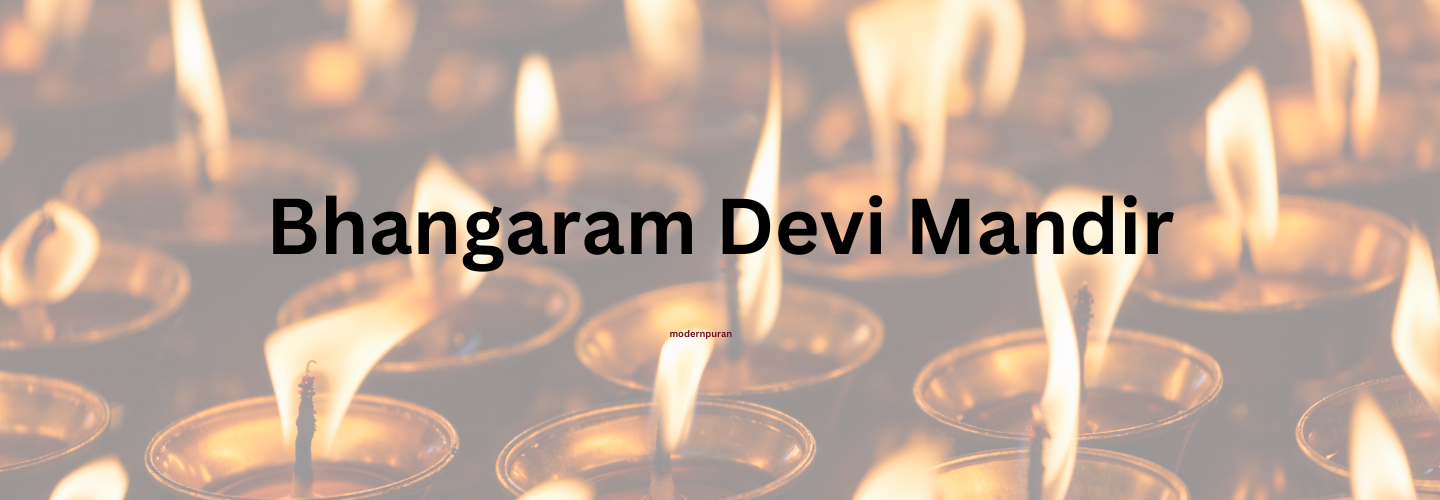
In the unique divine court, bastar village leaders act like lawyers, and hens become witnesses. After each trial, a hen is set free, signaling its testimonial is over. A bastar village leader issues the judgment, assumed to echo the instructions of the goddess. Punished gods are then relocated from the temple, sometimes housed under trees – taken as symbolic jailing. Decorations of gold or silver remain on the idols. Tribals of bastar won’t dare to steal, believing that it will beckon divine punishment. As with any court, a ledger is kept. It includes all case specifics – the number of gods accused, the type of presumed crimes, the witnesses, and the final verdicts.


In normal legal rules, you can challenge a sentence in a superior court. Yet, in Bastar‘s spiritual tribunal, Bhangaram Devi takes appeals, the one who announced the sentencing. If these banished Gods seek pardon and convince the divinity, their banishment is put on hold, and they’re allowed back in the temple.
Poonam Vasam, a poet, explains, “This is a community construct. It’s thought that just like humans need to carry out their duties in the community of bastar, gods are required to do the same. If they can’t protect or assist their people, they get punished just like us.”
In Bastar, tribes have unique gods and goddesses. Local tales tell that many of these deities were once human. Their excellent actions raised them to a heavenly rank.

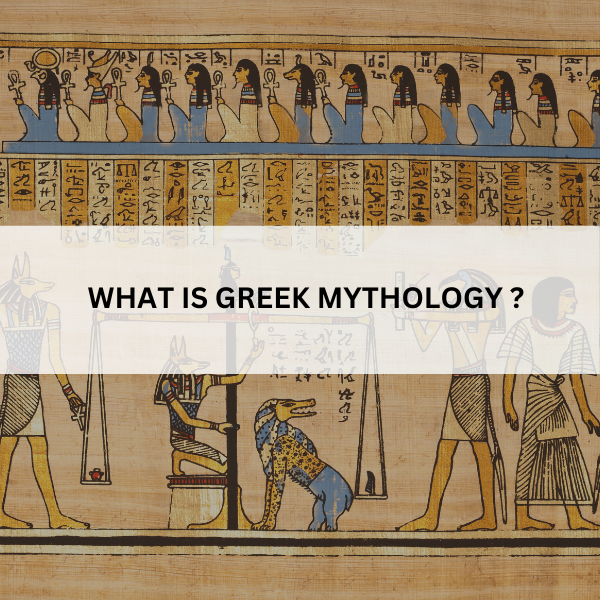

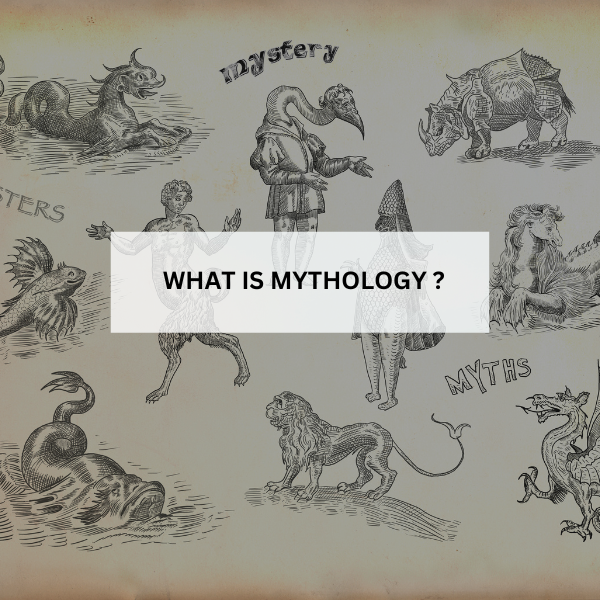
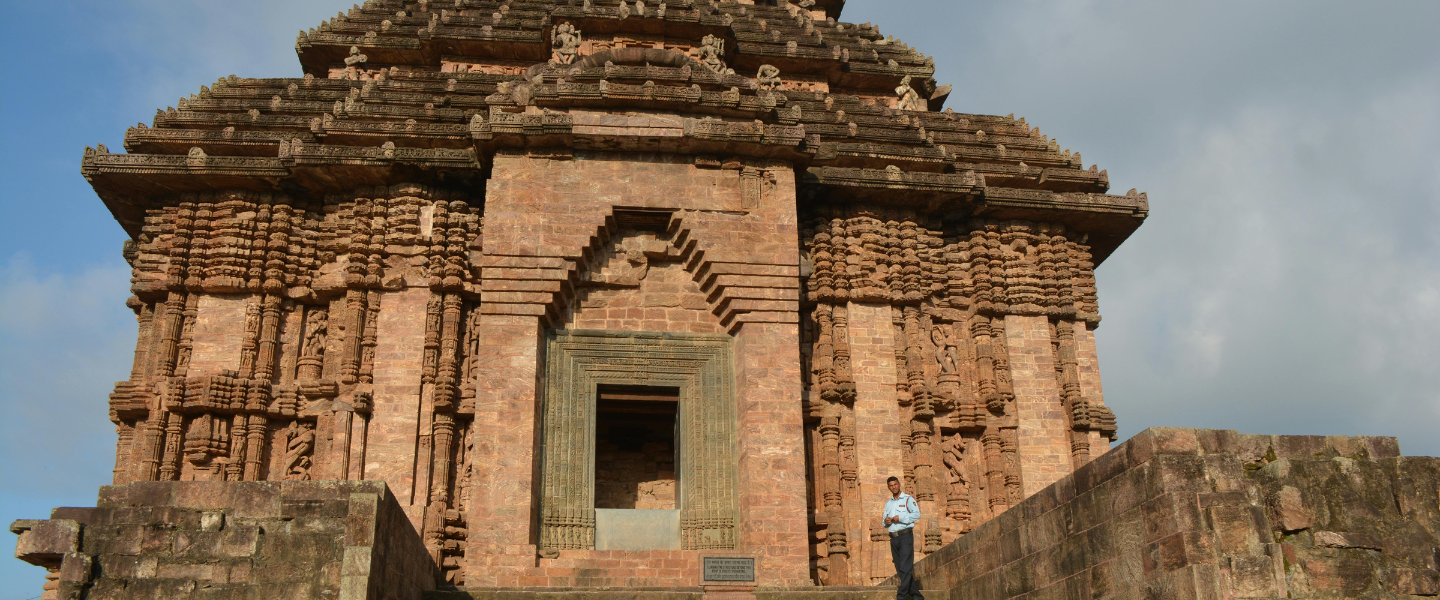



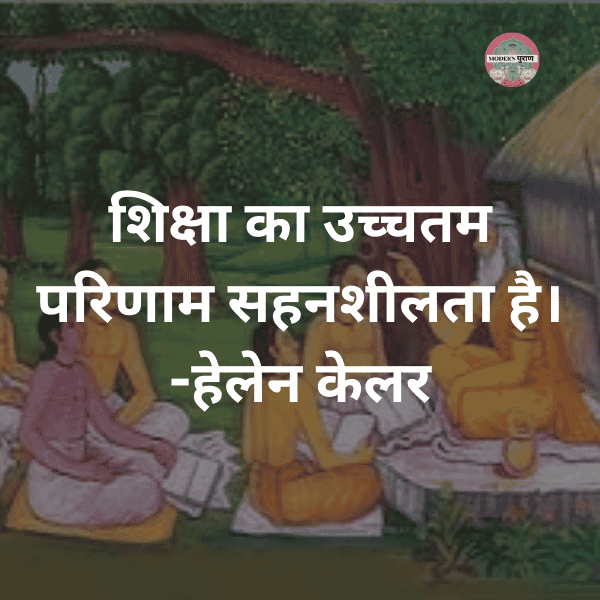


At Modern Puran, we understand the importance of reliable and accessible educational content. Our platform offers a wide range of study materials tailored to various subjects and academic levels, ensuring that students can find exactly what they need to succeed.




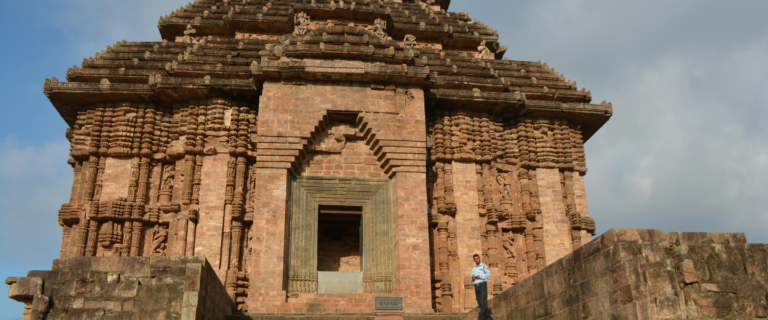





© 2024 MODERNPURAN All Rights Reserved